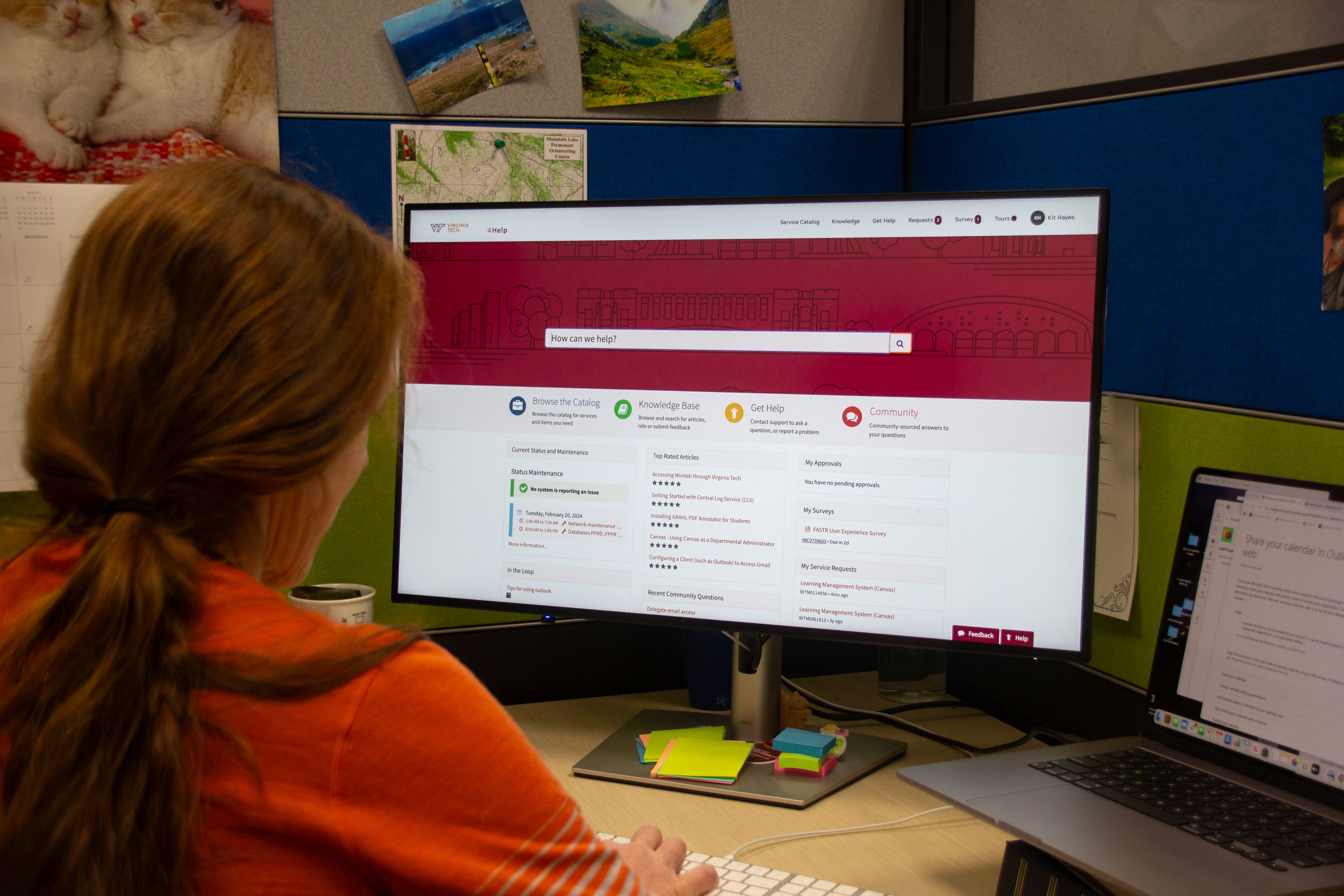Leveraging knowledge management to improve IT Service Management processes and benefit the user experience


Working to implement a robust and full-bodied knowledge management approach continues to be an essential part of the IT Service Management strategy (ITSM) for IT Experience and Engagement (ITEE). Because knowledge management is layered into every part of ITSM processes, it is also one of the most important components to providing an exemplary and holistic user experience.
During the past fiscal year, ITEE implemented several knowledge management enhancements to improve the creation and management of knowledge base articles (KBs) through collaboration with our service owners. They began using knowledge blocks, which organize repeatable or group-specific information into a single KB that is relevant to multiple roles. They also configured ownership groups to associate them with their KBs in order to maintain article quality, manage approvals, and provide for timely resolution of feedback.
In addition, ITEE employed a two-pronged approach to improve our knowledge management strategy. First, they began leveraging features of ServiceNow’s Advanced Knowledge Module, including their knowledge article templates to provide standardization and consistency to our publicly displayed knowledge articles.
Second, they initiated practices of the Knowledge Centered Service (KCS) methodology. Through this methodology, support teams provide real-time user and system support and contribute to the creation and maintenance of documentation (i.e., the knowledge base) as part of the same process. Because the knowledge base is being built and improved continually based on agent experiences and user feedback, it is more effective for both users and the support team, leading to:
Shorter incident resolution times;
More efficient training efforts;
Improved user satisfaction; and,
Improved agent job satisfaction because they can deliver greater support value with more efficiency.
Implementing KCS has enabled ITEE to mature knowledge management processes by focusing on creating and curating the current and relevant content, capturing knowledge when it is fresh and refining it as it is used, with an emphasis on quality, audience, and reach. ServiceNow offers built-in KCS support providing ITEE with practice elements that allow us to:
Integrate the reuse, improvement, and creation of new knowledge into the problem-solving process;
Evolve content based on demand and usage;
Develop a knowledge base of collective experience to date; and,
Reward learning, collaboration, sharing, and improving.
Using KCS methodology and the Advanced Knowledge Module, alongside a robust quality assurance review process, has enabled ITEE to expand the base of knowledge contributors, drive improvements to the quality of existing KBs, and provide users with a wealth of updated, useful self-service knowledge. Providing high quality, consistent self-service documentation serves to reduce service desk contacts and incidents because end users feel empowered to resolve issues on their own.
Together, these two approaches have enabled ITEE to successfully
Increase the amount of knowledge captured in our support interactions,
Ensure that the knowledge base we create and manage is of high quality and up-to-date; and,
Increase the usage of that knowledge by both agents and users.
As a result, ITEE has increased the number of KBs created by nearly 42 percent and the number of Knowledge Service Partners by 23 percent over the 2023 fiscal year, continuing a steady upward trend in these factors year over year.
Into the next fiscal year, ITEE plans to continue improving our knowledge management processes by incorporating additional features of the Advanced Knowledge Module and the KCS methodology.





